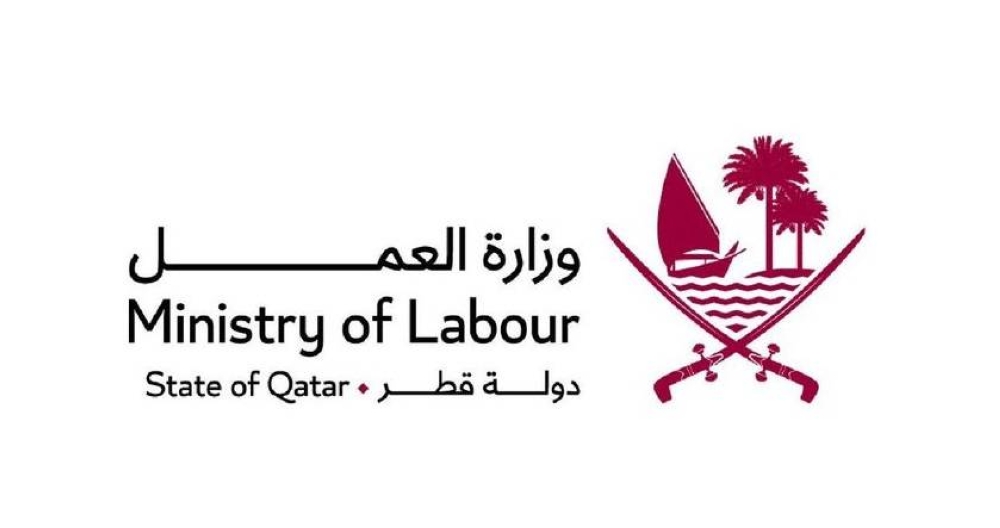As part of Qatar’s efforts to empower the national workforce and spur human development, 7,182 Qataris secured employment in both the government and private sectors in 2023, an official report said.
A joint report on the 2023 employment statistics issued by the Ministry of Labour and the Civil Service and Government Development Bureau said that most of the jobs were secured by Qatari women, making up 61% of new hires, with 4,408 entering employment in both the government and private sectors. This highlights Qatar’s commitment to support and expand women’s role in the country's development, the report said.
"The Ministry of Finance announced an increase of QR 1.5bn in salary and wage allocations for 2024, representing a 2.4% increase from last year. This strategic investment, driven by the Ministry of Labour and Civil Service and Government Development Bureau’s initiatives, is projected to boost employment statistics, as well as provide more opportunities for Qataris in both sectors, further driving development."
Commenting on the report, HE Dr Ali bin Samikh al-Marri, Minister of Labour, said the 2023 figures reflect Qatar's investment in developing human capital and providing the labour market with skilled local talent, able to work in various fields.
He reaffirmed the Ministry's ongoing efforts to create opportunities for all citizens, which focuses on channelling quality investments into government and private sectors to create training and job opportunities for Qataris – a central goal of the Qatar National Vision 2030's human development pillar.
HE Abdulaziz bin Nasser bin Mubarak al- Khalifa, President of the Civil Service and Government Development Bureau, emphasised the significance of initiatives that target job seekers in overall building human capabilities. He added that the Bureau strives to nationalise jobs based on stakeholders' needs, while promoting national initiatives aimed at developing and leveraging Qatari human capital.
The 2023 figures revealed that the Ministry of Education and Higher Education, Ministry of Endowments (Awqaf) and Islamic Affairs and the Ministry of Municipality, were the leading employers of Qataris in the government sector. Meanwhile, Qatar National Bank, Qatar Energy and its subsidiaries, and Qatar Airways had the highest nationalisation rates in the private sector.
The government sector hired a total of 4,979 Qataris last year, out of which 403 were part of the Government Scholarship Programme. Women accounted for the largest share with 3,100 – 68% of the positions – while men accounted for 1,476 appointments. The most sought-after fields were education, engineering and computer science.
Meanwhile, the Ministry of Education and Higher Education, Hamad Medical Corporation and the Ministry of Awqaf were the leading job providers for Qataris within the government sector.
The private sector saw the employment of 2,203 Qataris, out of which 1,229 were men, accounting for 56%, compared to 974 jobs for women. Business administration, engineering, finance, and accounting were the most sought-after fields. Meanwhile, finance and insurance employed the most Qataris. Banks, namely Ahlibank, Commercial Bank and Doha Bank, offered the highest number of nationalised positions within the private sector.
Last year saw major investments in initiatives aimed at Qatari job seekers. Most notable was the upgrade of the Bureau’s National Employment Platform, ‘Kawader’, which included updates that facilitated a smoother employment process. This also included the launch of the ‘Mahara - Academic Path’ programme, which supports high school graduates in pursuing diplomas to meet the labour market needs. It also aims to nationalise technical roles in government.
In addition, the ‘Academic Competencies’ programme was launched to recruit Qataris with post-graduate university qualifications as teachers. Another programme, ‘Tamheen,’ also kicked off last year to ready degree-holders without teaching credentials for educator roles.
In another initiative, the Civil Service and Government Development Bureau’s Institute of Public Administration organised a course for job seekers titled ‘CV and Interviews Preparation,’ which trained about 500 participants in resume writing and interview skills.
The Ministry of Labour also launched the ‘Istamer’ digital platform in 2023 as the first of its kind in Qatar. The platform matches Qatari retirees with employment opportunities in the private sector based on their qualifications and preferences, in line with the country’s nationalisation efforts.
A key pillar of the Qatar National Vision 2030, human development focuses on investing in qualification and training programmes in the government and private sector, creating world-class training opportunities for citizens based on their needs and abilities, and providing training programmes that keep pace with the current and future labour market needs.

